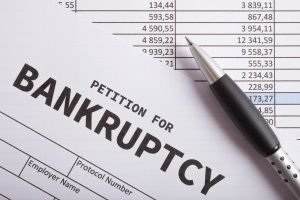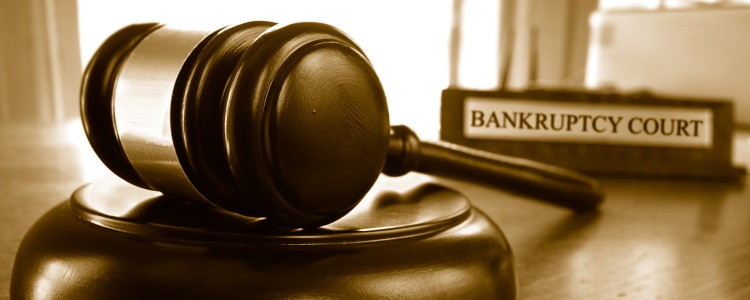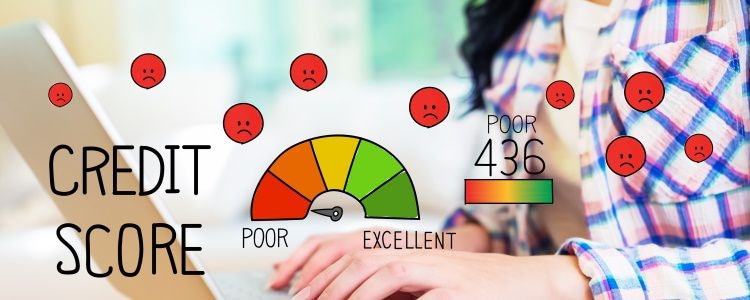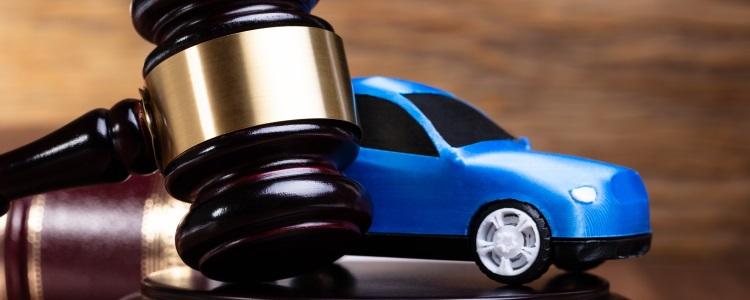Typically, car buying is extremely difficult after going through multiple bankruptcies. But, if you convert a bankruptcy – say, from a Chapter 13 into a Chapter 7 – your credit is generally only impacted once. If you're thinking about converting your Chapter 13 bankruptcy into a Chapter 7, you're bound to have some questions about how that affects your ability to purchase a vehicle in the future. Let's take a look.
Buying a Car in Chapter 13
A Chapter 13 bankruptcy takes a long time to complete, lasting either three or five years. During this time it's possible that you may need a new vehicle, and there's a process in place to finance one. You simply need court approval and to show your trustee that you can afford it under your payment plan. However, not all lenders work with people in bankruptcy, which can make it difficult if you don't know where to turn.
Converting Your Bankruptcy
 Sometimes, your situation changes over the course of your Chapter 13. For instance, maybe your income decreased, and you can no longer afford to meet your planned payments. Or, maybe you're simply not able to make your plan payments on time, and you're in danger of losing of your car or house, despite your bankruptcy. Perhaps you just want to be finished with the whole ball of wax, move on with your life, and be able to take on new debt.
Sometimes, your situation changes over the course of your Chapter 13. For instance, maybe your income decreased, and you can no longer afford to meet your planned payments. Or, maybe you're simply not able to make your plan payments on time, and you're in danger of losing of your car or house, despite your bankruptcy. Perhaps you just want to be finished with the whole ball of wax, move on with your life, and be able to take on new debt.
This is where conversion comes in. To convert a Chapter 13 bankruptcy to a Chapter 7, you have to file a notice of conversion, pay a conversion fee, and qualify for a Chapter 7 bankruptcy. Typically, qualifying for a Chapter 7 includes passing a means test that compares your income to your state's median income, but not all courts make this necessary when converting from a Chapter 13.
So, whether or not qualifying includes a means test depends on where you live. But, if the bankruptcy court in your jurisdiction doesn't include a Chapter 7 means test, you still need to explain to the court why you can no longer afford your Chapter 13.
Once Your Bankruptcy is Converted
Once your Chapter 13 is converted to a Chapter 7, you have to give up any non-exempt property that may have been saved in Chapter 13, which might include a house or a vehicle. This may not be ideal, but when you consider that the money from the sale is used to pay your creditors, and that the whole process only lasts four to six months, it's worth it if Chapter 13 wasn't working for you. Plus, any remaining debt is wiped out when your Chapter 7 is discharged.
Getting a Car after Chapter 7 Bankruptcy
Once your bankruptcy is discharged and you're ready to get a vehicle, you can head to a local dealer. Because bankruptcy lowers your credit score, you may need to find a lender that can work with less than perfect credit. Generally, that means finding a subprime lender that works through a special finance dealership. These lenders understand that there's more to your situation, so they look beyond your credit score to your income, employment, and residence stability to help get you approved for an auto loan.
Finding the Right Path to Financing
If you find you need to find a special finance dealer and subprime lender, you may not know where to turn. Here at Auto Credit Express, we can help take the stress out of finding a dealership after your bankruptcy is discharged, or even while you're in an open Chapter 13. We work with a nationwide network of special finance dealers that have the lending resources available to help you get the auto loan you need, no matter how bankruptcy has impacted your credit. Simply fill out our auto loan request form and we'll begin the search for you!
















